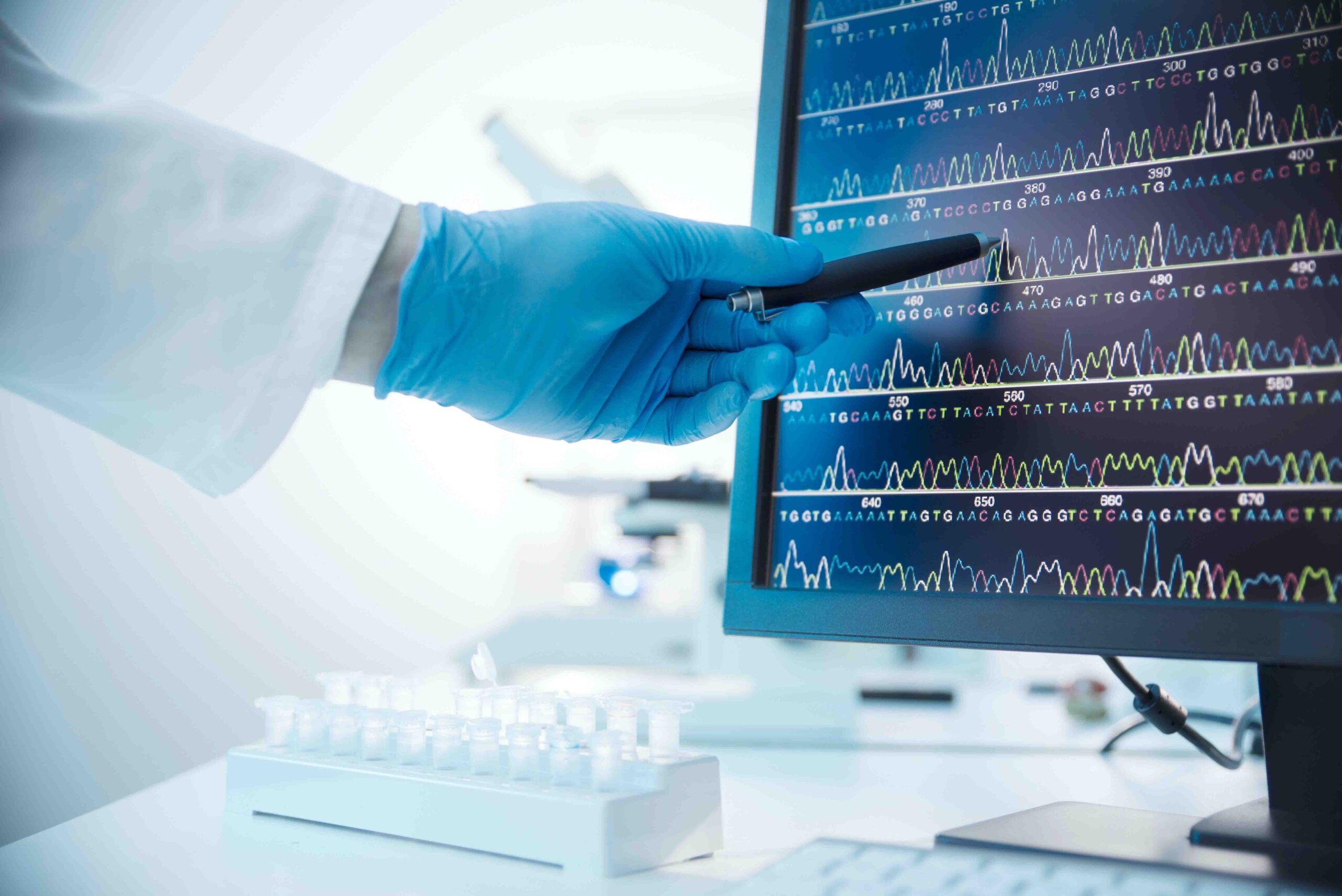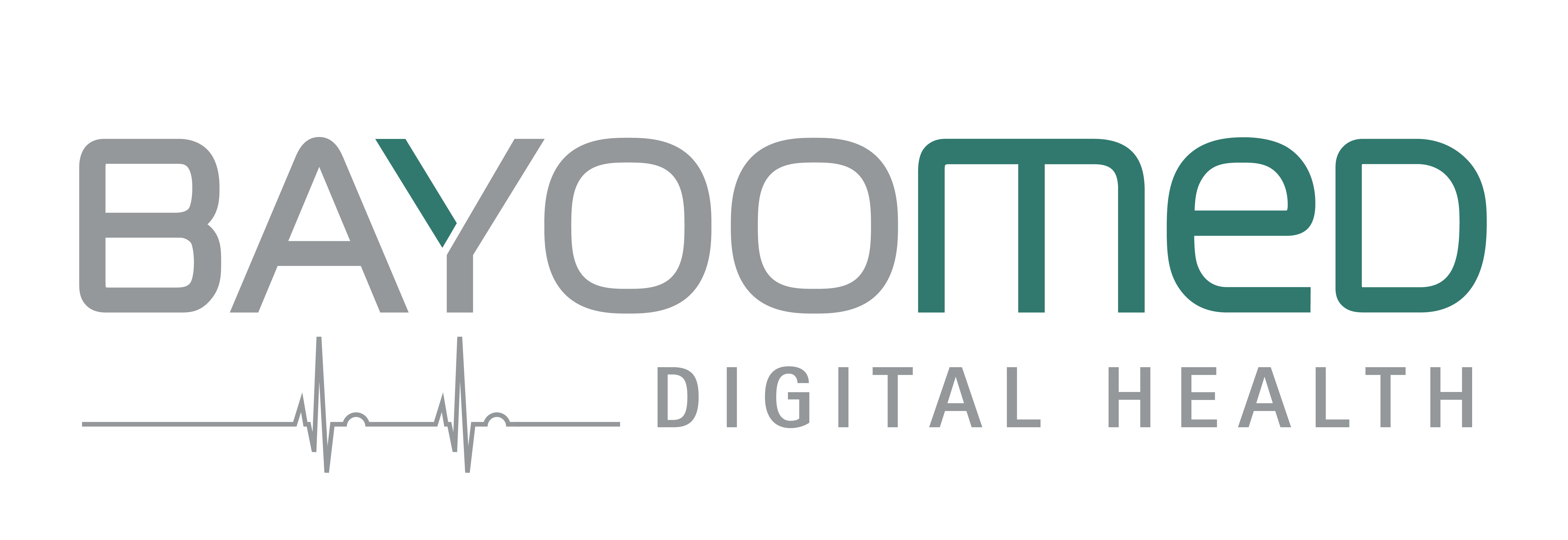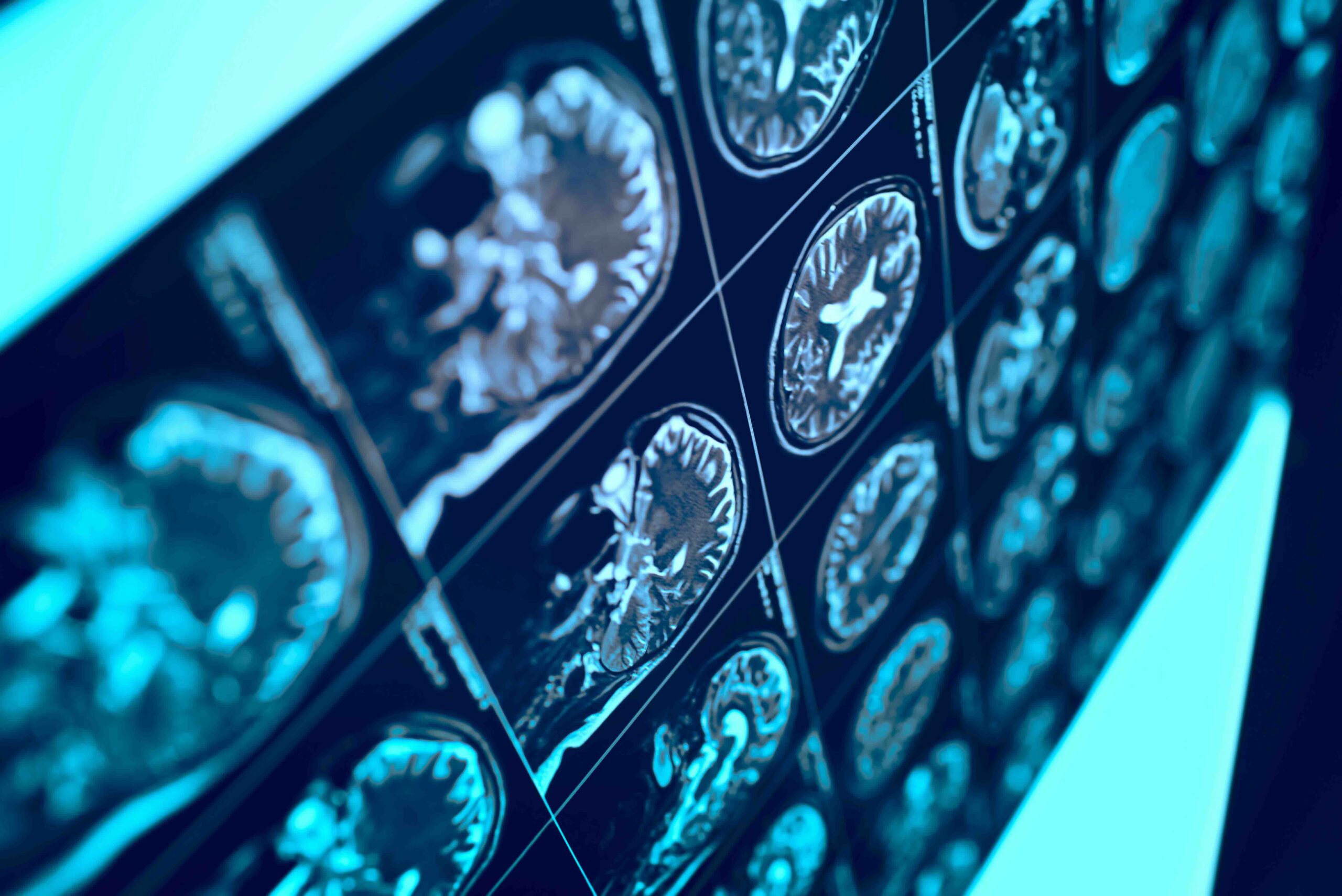The potential of AI-supported innovations
Author: Sebastian Wittor
Project Manager Medical Engineering at BAYOOMED
Co-authors: Yussuf Kassem, Christian Riha
Software Engineers at BAYOOMED
Healthcare is an area where protecting sensitive data is a top priority and at the same time there is enormous potential for AI-powered innovation. Offline LLMs offer a unique solution here, making it possible to use advanced AI technologies without jeopardizing the confidentiality of patient data.
In the following, we take a detailed look at the various possible applications of offline LLMs in the healthcare sector.
Patient data analysis and diagnostics
Offline LLMs are revolutionizing the way healthcare professionals analyze patient data and make diagnoses:
Personalized medicine and treatment planning
The ability of offline LLMs to process large amounts of individual health data opens up new possibilities for personalized medicine:

Support for clinical decisions
Offline LLMs can serve as powerful decision support systems for medical staff:
Medical research and clinical studies
Offline LLMs offer innovative opportunities for medical research, especially in areas where data protection is of paramount importance:
Patient care and engagement
Offline LLMs can also improve direct interaction with patients and contribute to health promotion:
Offline Large Language Models: Data protection and use cases
At a time when data protection and privacy are increasingly coming into focus, offline Large Language Models (LLMs) offer a promising solution to the challenges of modern AI applications. These models, which run entirely on the user’s device, are revolutionizing the way we process sensitive data and use AI in privacy-critical areas.
Data protection as a core advantage
The primary advantage of offline LLMs lies in their inherent data protection. Unlike cloud-based models, offline LLMs process all data locally on the user’s device. This has far-reaching implications.
No data transmission
Compliance facilitation
Control over personal data
Protection against data leaks
No data transmission:
Sensitive information never leaves the user’s device. This eliminates the risk of data interception during transmission and significantly reduces the attack surface for potential hackers.
Compliance facilitation:
Local processing simplifies compliance with strict data protection regulations such as the GDPR in Europe or the CCPA in California. Companies do not have to worry about the complex legal implications of cross-border data transfer.
Control over personal data:
Users retain full control over their data. There is no need to disclose personal information to third parties, which strengthens trust in AI applications.
Protection against data leaks:
As there are no central databases with sensitive information, the risk of large-scale data leaks that could affect millions of users is drastically reduced.

